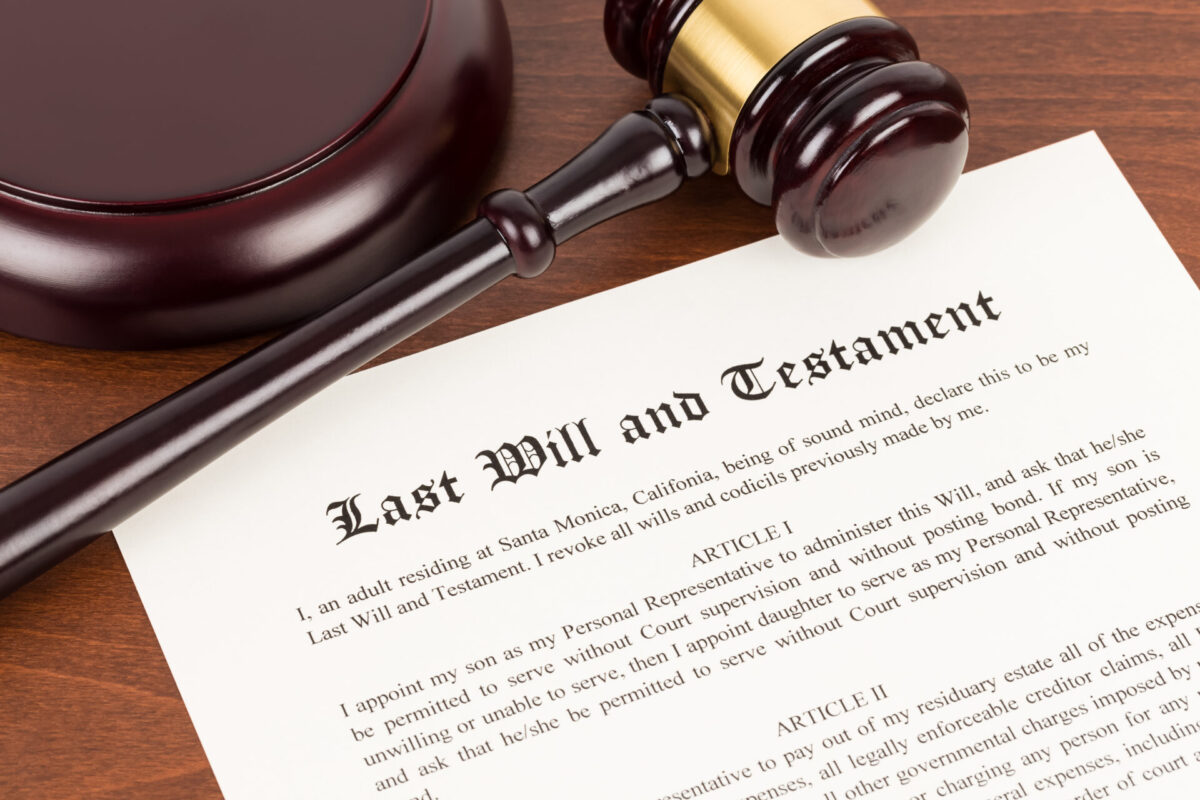What is a deceased estate?
The term ‘deceased estate’ encompasses the entirety of assets, debts, and obligations left by an individual upon their death.
If the deceased were owed a debt by someone else at the time of their death, it would be treated as an asset of the estate, and the executor or administrator of the estate will be tasked with collecting the debt on behalf of the estate.
This can result in a number of unresolved issues for others to address, as the executor or administrator of the deceased’s estate will need to arrange matters with creditors or individuals involved in contracts with the deceased to initiate the process.
A deceased estate encompasses all financial matters in which the deceased was involved, including their residence, personal belongings, outstanding debts, and any financial agreements or contracts they were party to.
Can I claim debt recovery on a deceased estate?
Yes, the property owned by the deceased transfers to the executor and may be utilized to settle the debts of the deceased in solvent estates.
Debt is defined in section 5 of the Succession Act 1981 (Qld) which says:
The term ‘deceased estate’ refers to the total assets, liabilities, and responsibilities left behind by a person who has died.
Section 56 of the Succession Act 1981 (Qld) says:
The property of a deceased person which on his or her death devolves to and vests in his or her executor or the public trustee is assets for the payment of his or her debts and any disposition by will inconsistent with this enactment is void as against creditors, and the court shall, if necessary, administer the property for the purposes of the payment of the debts.
If the estate lacks sufficient funds to cover its debts, it is classified as an insolvent estate.
Section 57 of the Succession Act 1981 (Qld) deals with the payment of debts in the case of insolvent estates:
Where the estate of a deceased person is insolvent—
(a) the funeral, testamentary and administration expenses have priority; and
(b) subject as aforesaid and to this Act, the same rules shall prevail and be observed as to the respective rights of secured and unsecured creditors and as to debts and liabilities provable and as to the valuation of annuities and future and contingent liabilities, respectively, and as to the priorities of debts and liabilities as may be in force for the time being under the law of bankruptcy with respect to the administration of estates of deceased persons in bankruptcy.
Essentially, but for the cost of the funeral and any testamentary and administration expenses, the balance of the estate is administered as if it were a bankruptcy, and will be dispersed in accordance with the order of distribution set out in the Bankruptcy Act 1966 (Cth) (the “Act”).
Secured v Unsecured Debt
In the management of debts from a deceased estate, it must be considered whether the debt is secured or unsecured to determine the process of claiming it.
Secured debts are debts backed by collateral. This implies that in the event the borrower defaults on the loan, the creditor can seize the collateral without incurring significant losses.
Unsecured debt is debt that is not backed by collateral (e.g. real property) and is given based entirely on the credit of the debtor. If this loan is not paid, the creditor will have to take legal action against the debtor for it to be paid.
Thus, if the debt is secured you can simply claim collateral and move on, however if it is unsecured, payment will be made from the estate but will be prioritized after secured loans have been settled.
Contact Rose Litigation Lawyers for an obligation free consultation with one of our wills & estates experts to discuss your legal rights.
The content of this publication is intended to provide a summary and commentary only. It is not intended to be comprehensive nor does it constitute legal advice, and has been prepared based on applicable legislation and case authority at the date of publication. You should seek legal advice on specific circumstances before taking any action.
| Gold Coast | Brisbane |
| Phone: 07 5574 0011 | Phone: 07 3211 2922 |
